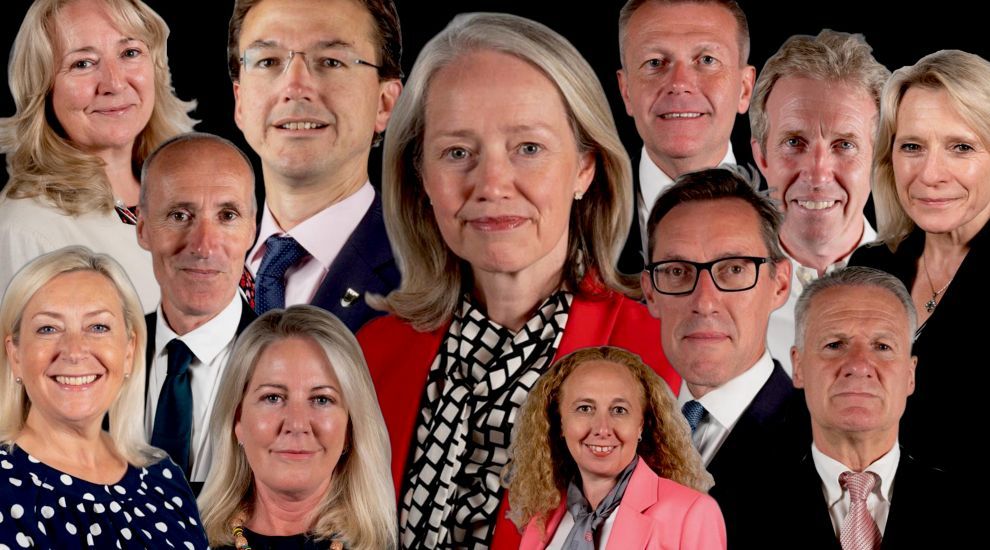


The Chief Minister has admitted that conflicts of interest "arise frequently" during discussions around the Council of Ministers table... but how are these managed and accounted for?
During yesterday's States sitting, Deputy Lyndsay Feltham inquired about how conflicts of interest are handled in the context of policy discussions and decision-making by Ministers.
Deputy Kristina Moore explained that declarations of conflicting interests "arise frequently" and remain an "ongoing topic of discussion" among Ministers.
She clarified that individual Ministers and Assistant Ministers bear the responsibility of declaring their own conflicts, which she said happen “regularly” and are recorded by a minute-taker.
Having declared their interest, Ministers will either stay in a discussion or withdraw depending on the nature of the conflict.

Pictured: Chief Minister, Deputy Kristina Moore explained that declarations of conflicting interests "arise frequently".
When asked about financial conflicts related to profits from the reallocation of funds, Deputy Moore assured Members that no Minister would personally gain from Government decisions.
She explained that Ministers frequently address concerns related to conflicts of interest, seek advice, and “declare their interests at the earliest opportunity".
Deputy Moore added that if interests were not declared, further action would be taken through advice and consideration.
The need for Ministers to identify actual or perceived conflicts and manage them appropriately is set out in the ministerial Code of Conduct – which provides a framework for how Ministers are expected to act.
It takes into account the extent, commonality, and direct impact of conflicts on a Minister's interests before deciding whether they should withdraw from discussions.

Pictured: The code contains guidance as to how Ministers navigate the various moral and political pitfalls inherent in the job.
It also insists that Ministers act separately from their capacity as representatives of a constituency and adjust their responsibilities accordingly.
The code also says that gifts should be refused unless refusing would cause "undue offence" or "if it can be appropriately displayed in a public place".
Any perceived benefits from hospitality or travel that might create an obligation or impinge on the impartiality of decision-making should be refused.
In yesterday's States sitting, Deputy Moore also faced a question on what advice she had considered regarding the ministerial Code of Conduct before she publicly said she was “extremely disappointed” in her Assistant Minister's decision to reject the £120m Les Sablons project.
Deputy Moore said: “I always seek to ensure that I act in accordance with the code of conduct, my officials would advise me if I was to take any action in breach of that.
"I do not consider that I had breached the code of conduct and practice and I do not believe any advice to the contrary.”
Ministers' unity questioned as CM speaks against colleague's £120m decision
Environment Minister fully backs Assistant after controversial £120m development rejection
Comments
Comments on this story express the views of the commentator only, not Bailiwick Publishing. We are unable to guarantee the accuracy of any of those comments.